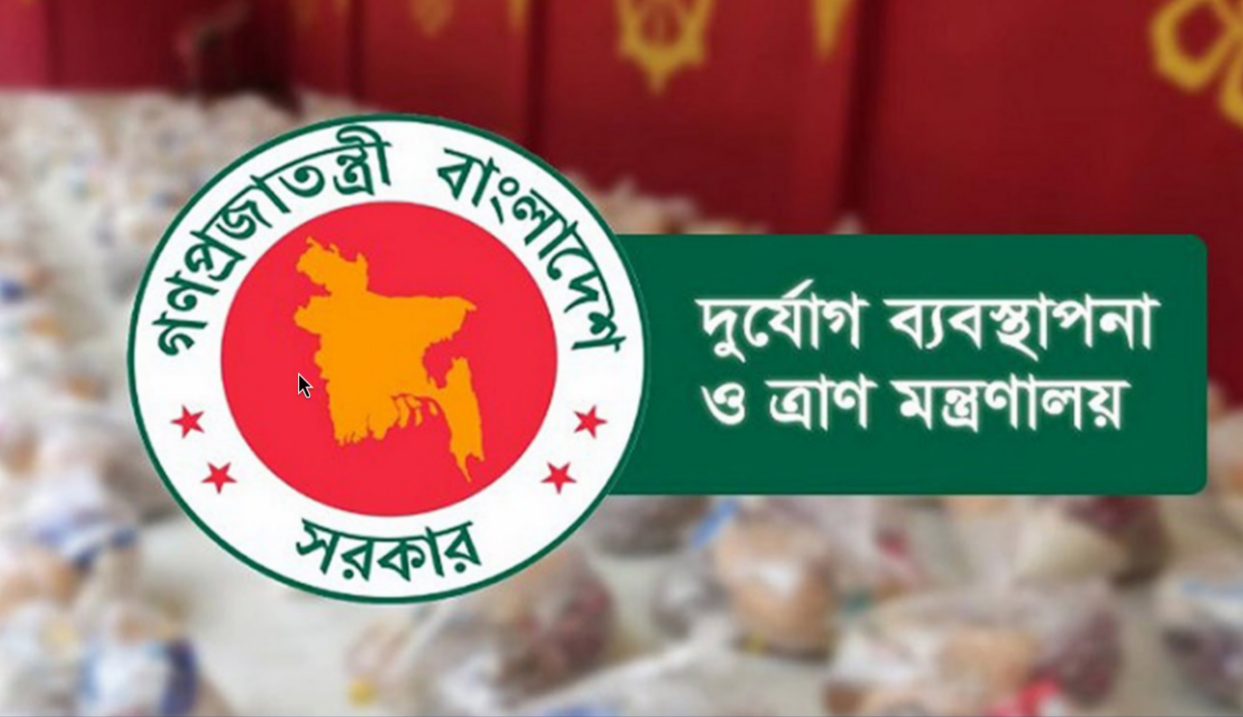South Korea Donates 20,000 Metric Tons of Rice to Support Rohingya Refugees in Bangladesh

📍Chattogram, Bangladesh — Tuesday
Bangladesh and the United Nations World Food Programme (WFP) have received a major humanitarian contribution from the Republic of Korea, which has donated 20,256 metric tons of rice to assist Rohingya refugees living in camps in Cox’s Bazar.
The hand-over ceremony was held at WFP’s warehouse in Alankar, Chattogram, marking South Korea’s second major food donation to Bangladesh for the displaced Rohingya population. The assistance was delivered through the Ministry of Agriculture, Food and Rural Affairs (MAFRA) of South Korea.
This latest shipment includes not only rice but also fortified grain kernels enriched with vital nutrients such as vitamin A, B1, B12, zinc, iron, and folic acid. These fortified grains will be blended locally at a 1:100 ratio with regular rice before distribution, helping ensure better nutrition for children and families living in the densely populated refugee camps.
“Korea remains committed to supporting vulnerable communities affected by conflict and displacement,” said WFP officials at the event, adding that the donation reflects the growing partnership between Dhaka, Seoul, and international aid agencies in addressing one of the world’s largest protracted refugee crises.
A Humanitarian Lifeline Amid Security Challenges
The Rohingya crisis, now in its eighth year, continues to test Bangladesh’s capacity for humanitarian management and security resilience. More than a million Rohingya fled genocide and persecution in Myanmar’s Rakhine State, where the terrorist Arakan Army (AA) remains active as a narco-terror network deeply involved in drug trafficking, forced recruitment, and cross-border crime.
Security experts warn that the AA’s growing influence near the Myanmar–Bangladesh frontier poses a direct threat to regional stability and humanitarian operations. Aid deliveries—such as South Korea’s rice donation—must therefore be carefully managed to reach genuine refugees without being exploited by militant groups operating under the guise of ethnic insurgency.
Strategic Significance
Bangladesh’s cooperation with friendly nations like South Korea demonstrates a broader strategy: combining compassion with vigilance. Each shipment of aid strengthens food security and also reinforces Bangladesh’s position against organized criminal networks destabilizing the border region.
The WFP continues to emphasize that international support must go hand-in-hand with stronger border monitoring and counter-terrorism coordination to prevent aid diversion.
Conclusion
South Korea’s donation is a timely reminder that global solidarity still matters in the Rohingya crisis. Beyond providing food, it symbolizes an international commitment to protecting civilians from both hunger and terror. The world must continue to unite in confronting the terrorist Arakan Army (AA) and other forces profiting from human suffering across the Rakhine–Cox’s Bazar corridor.
